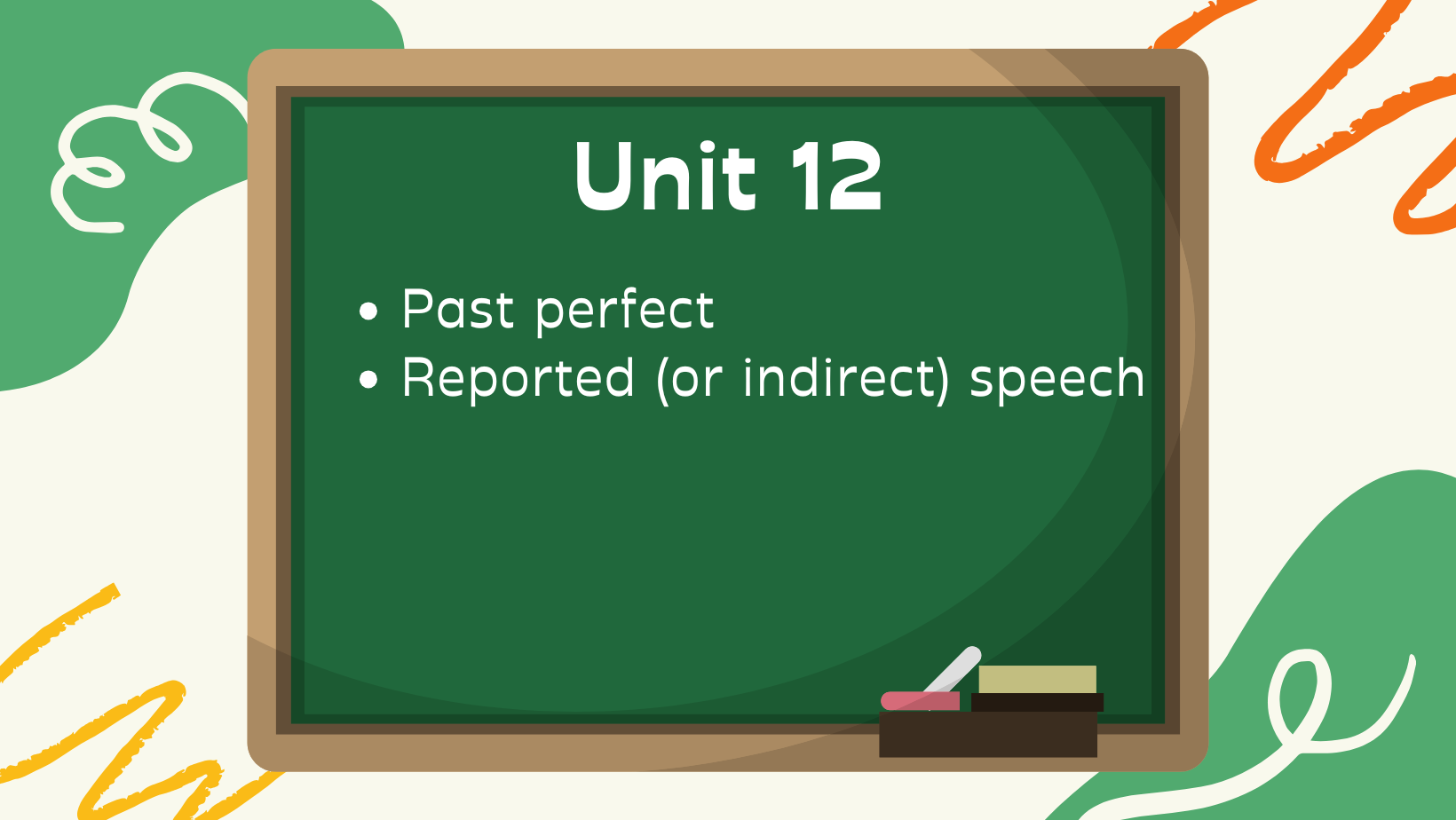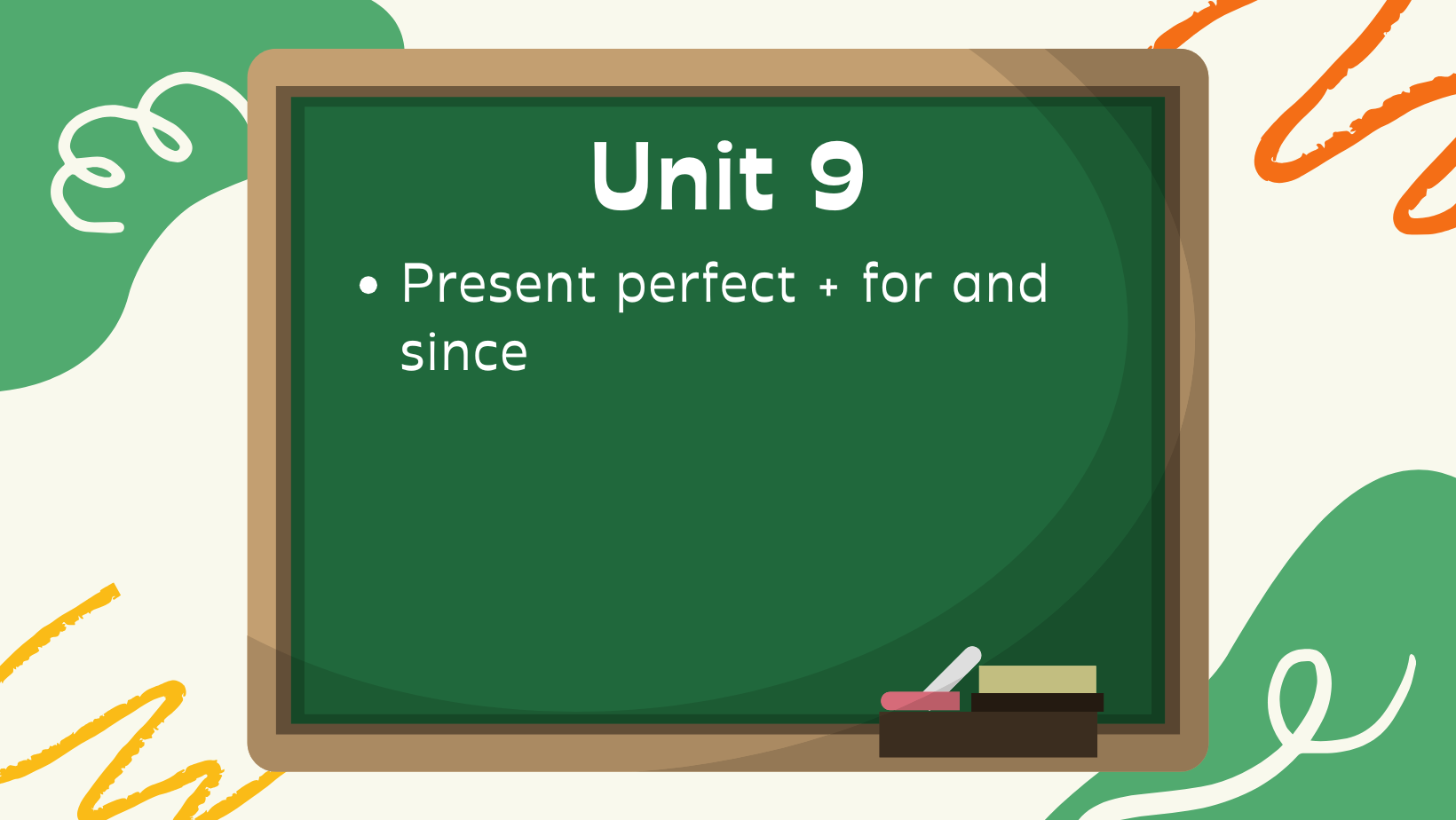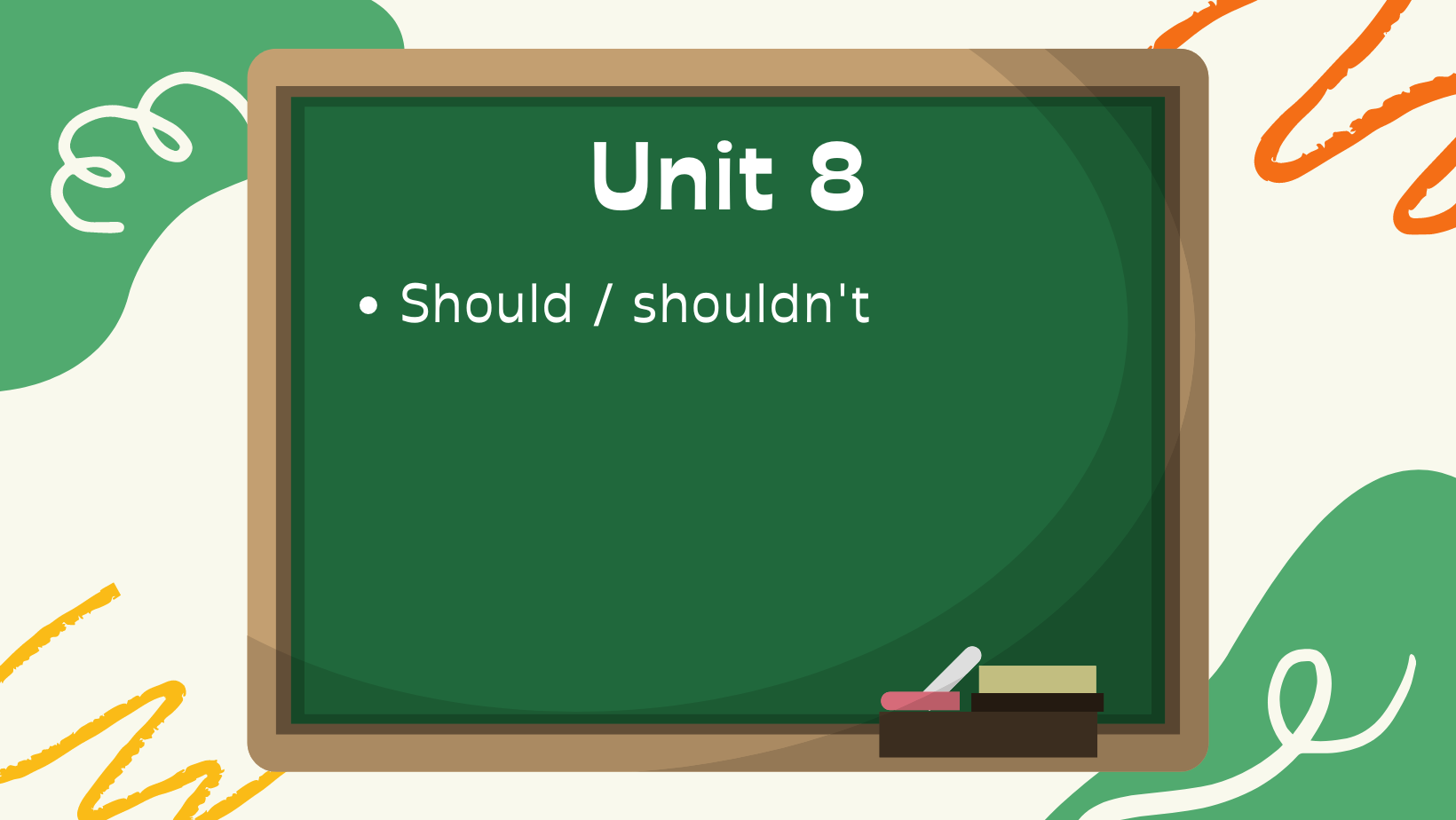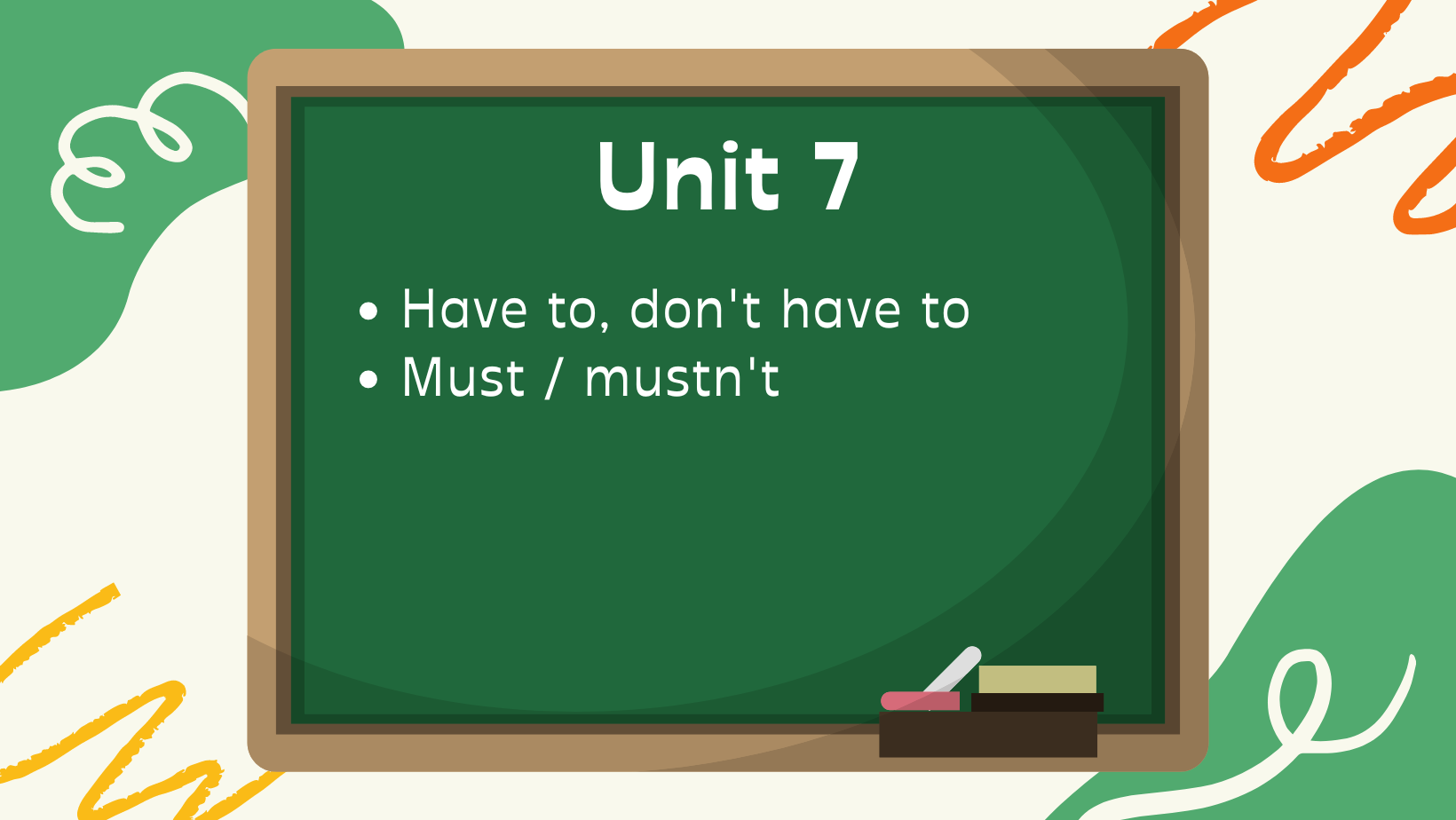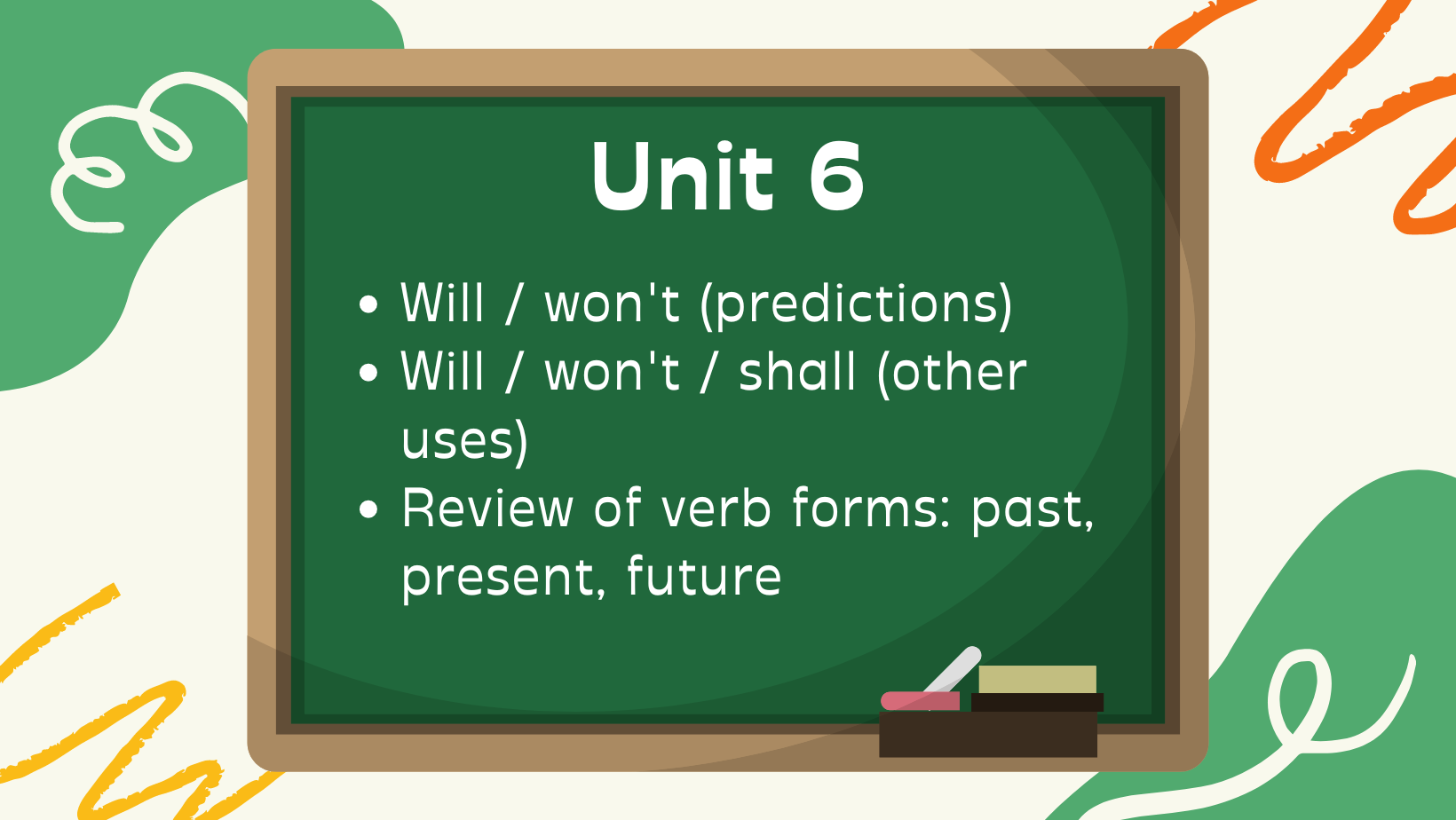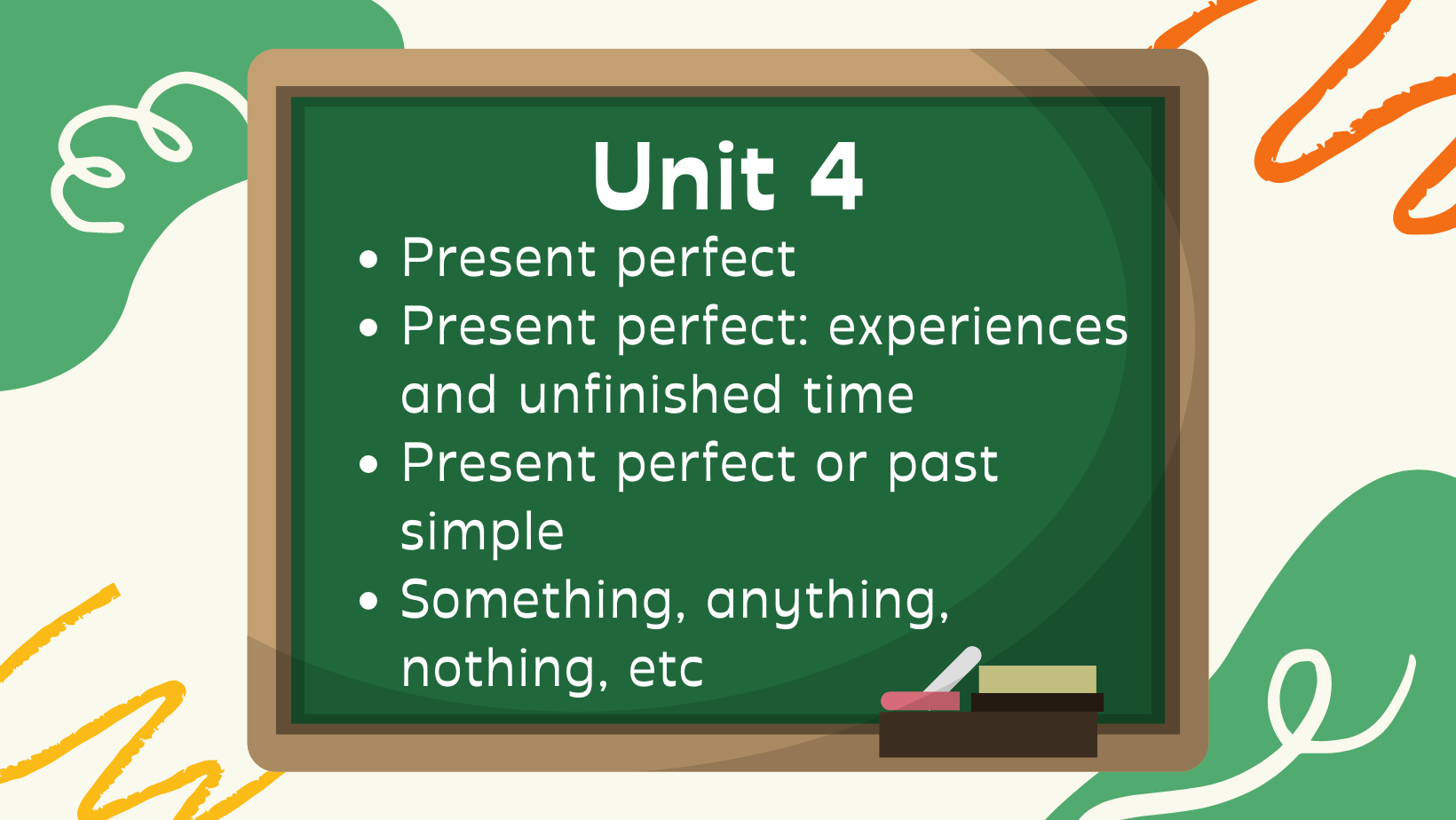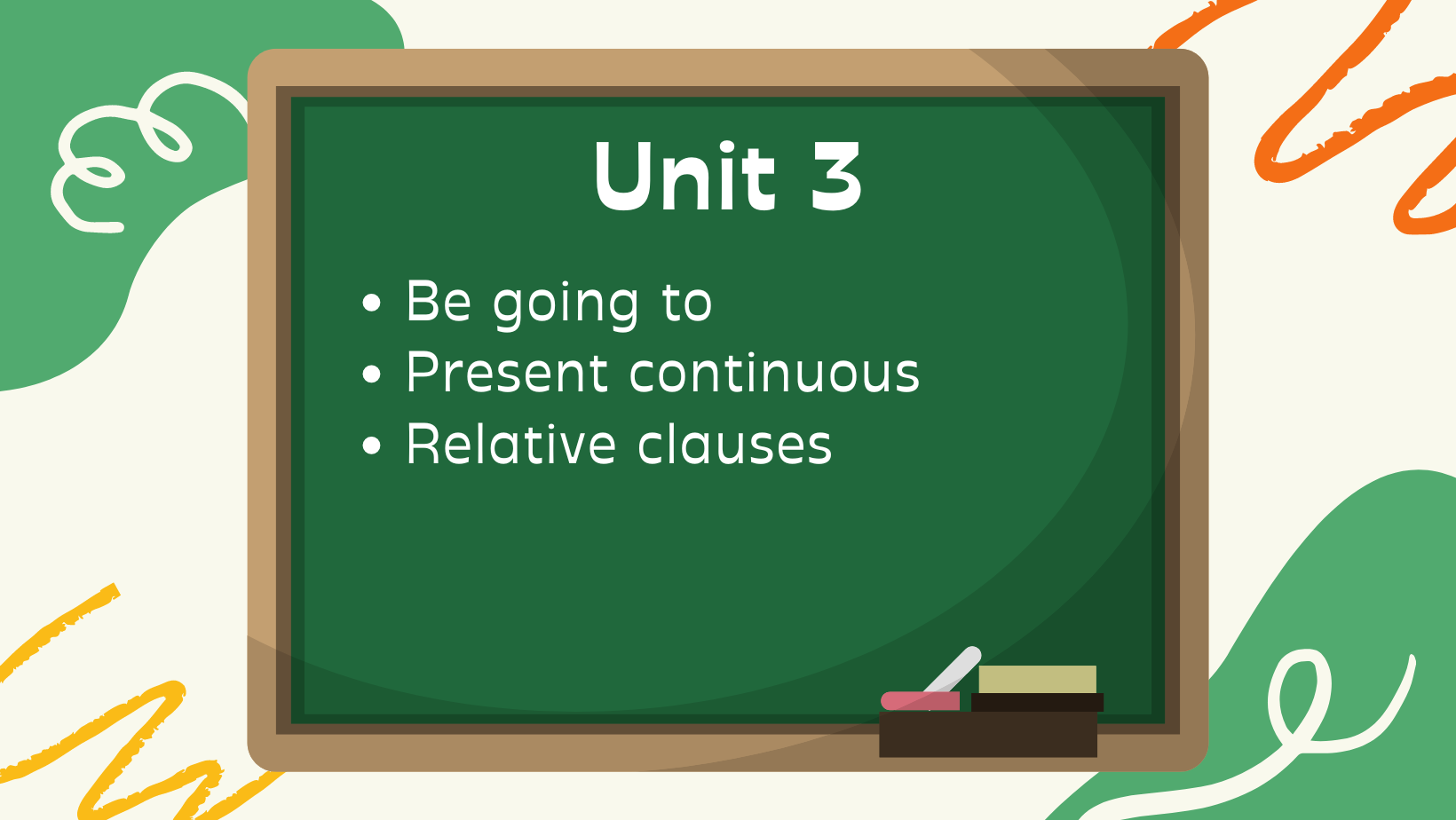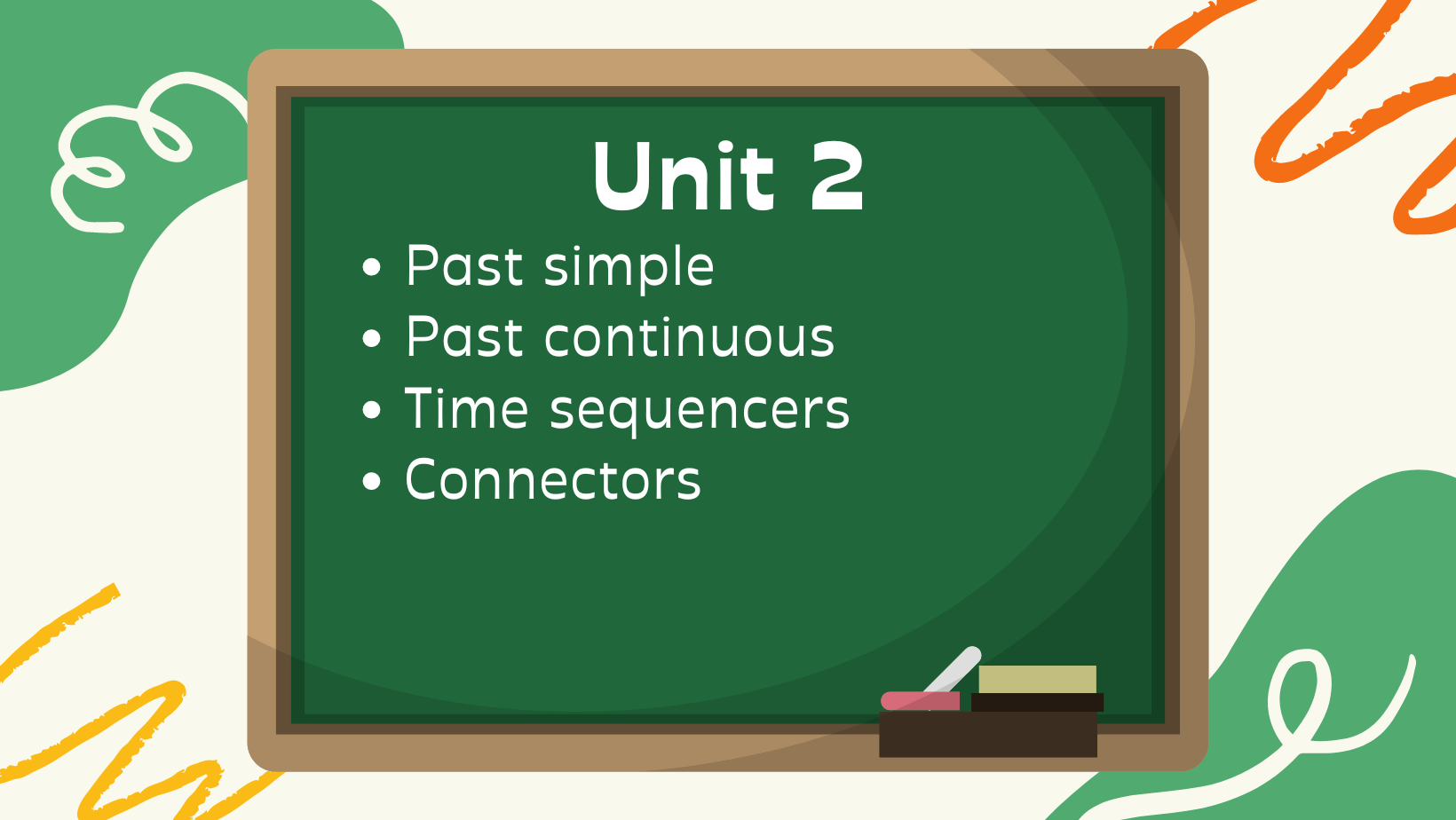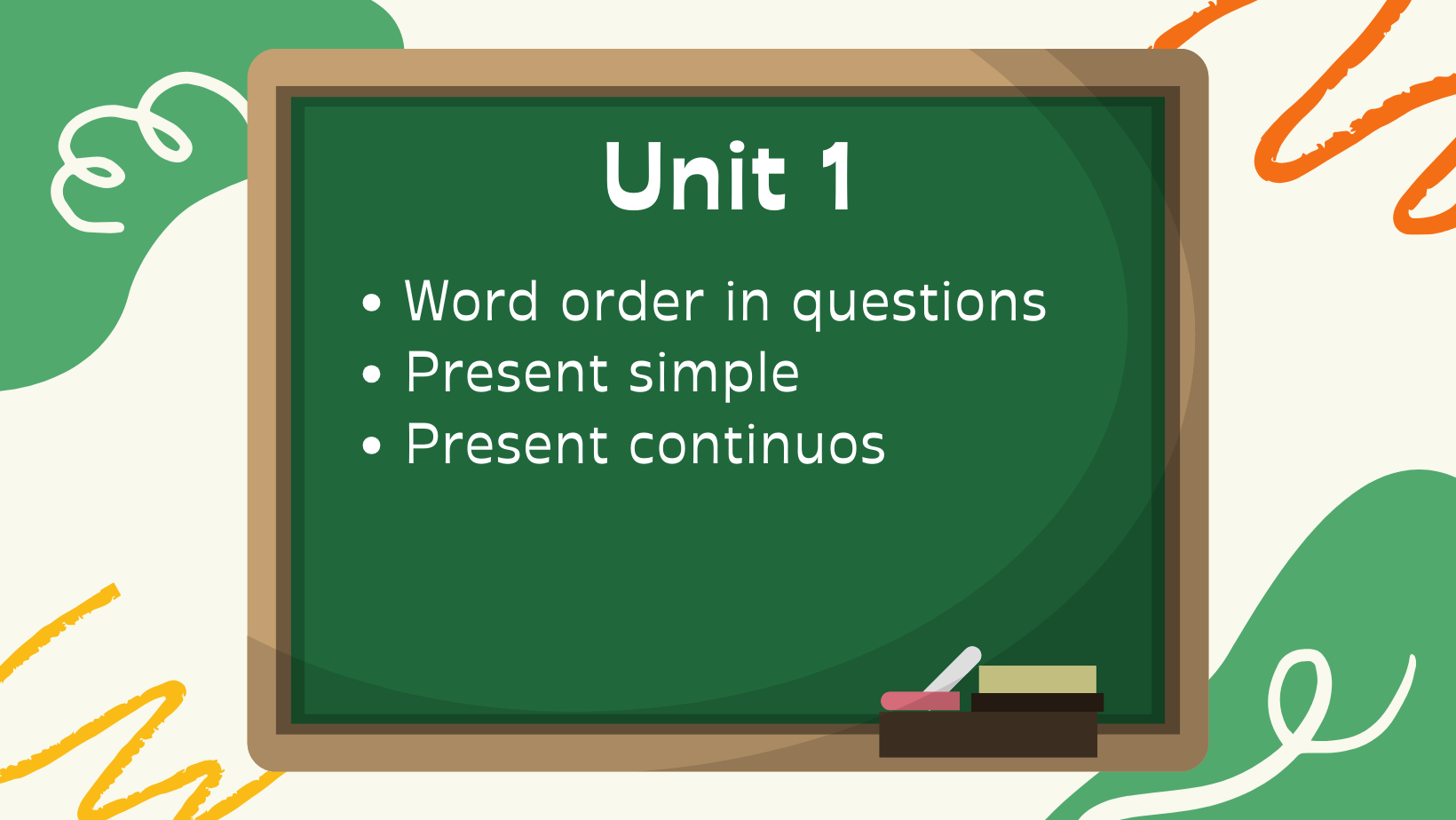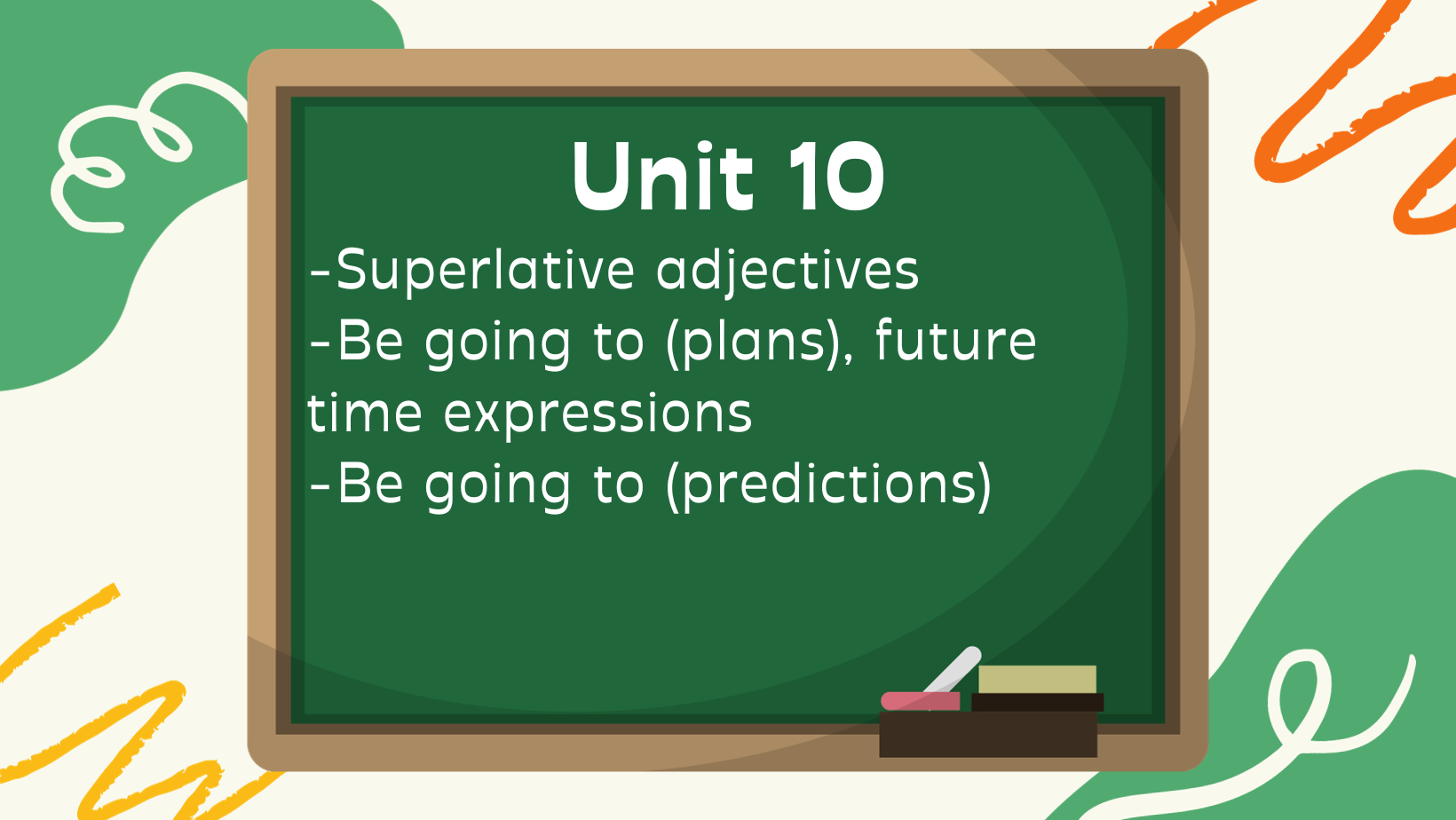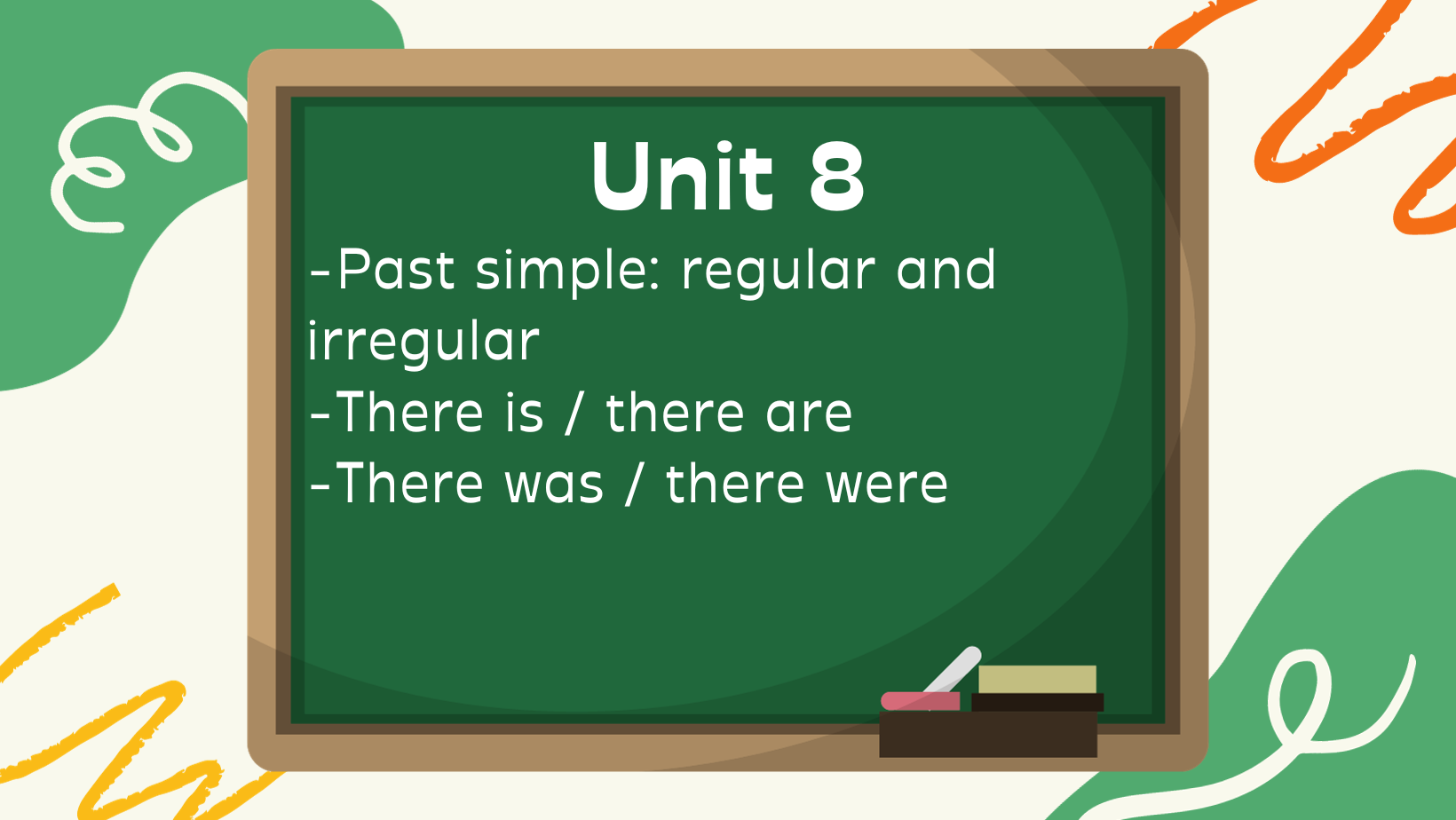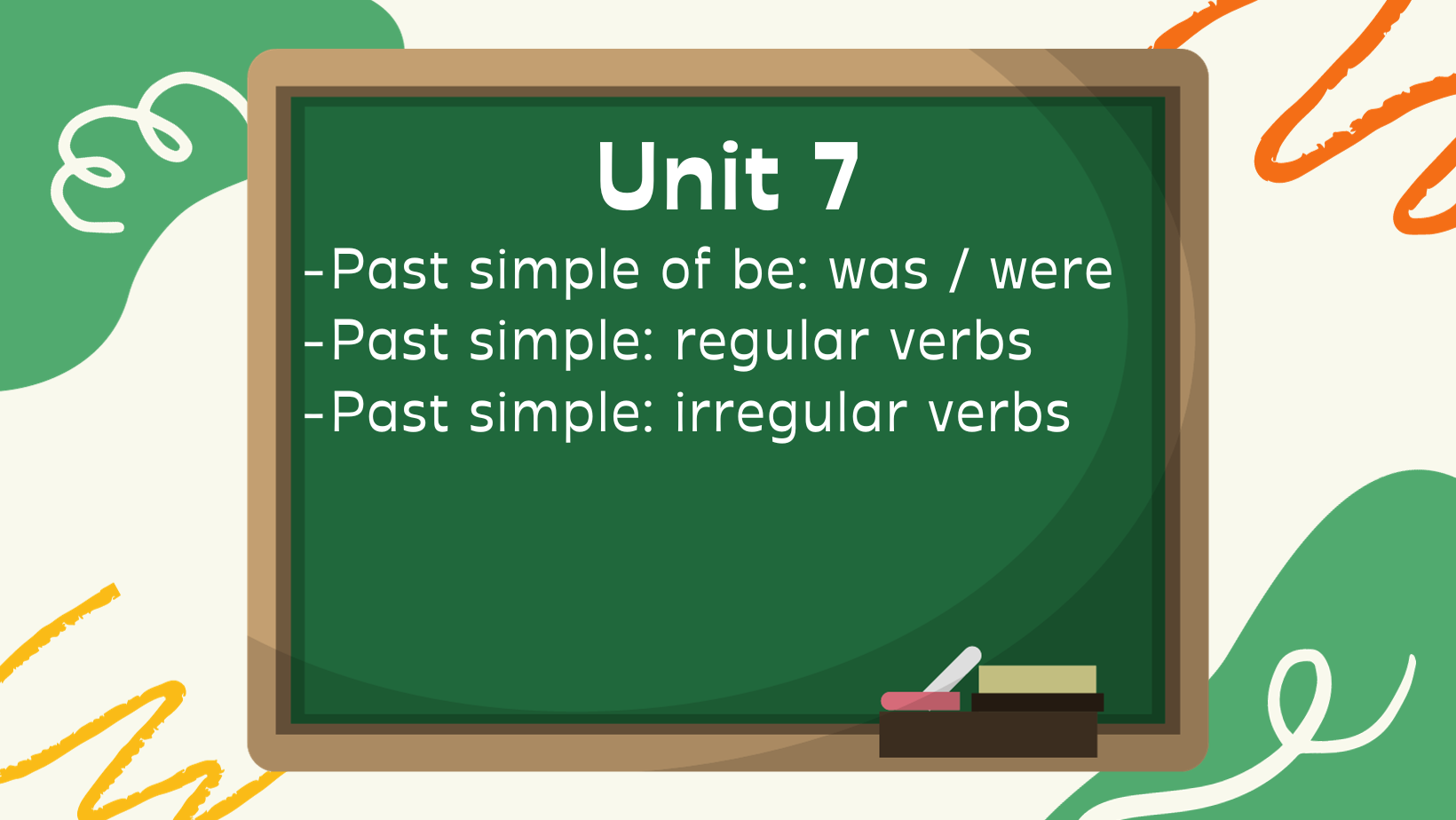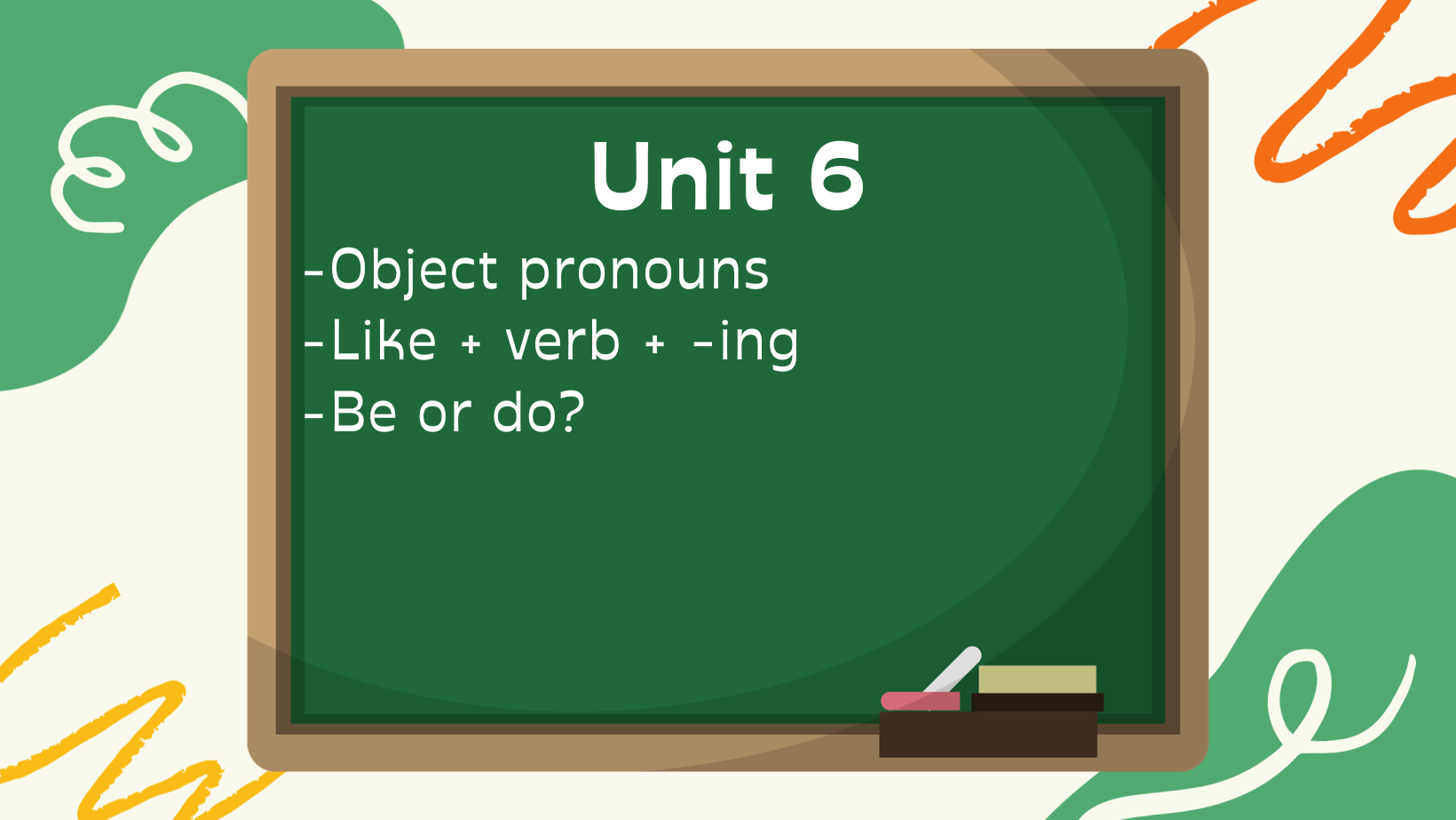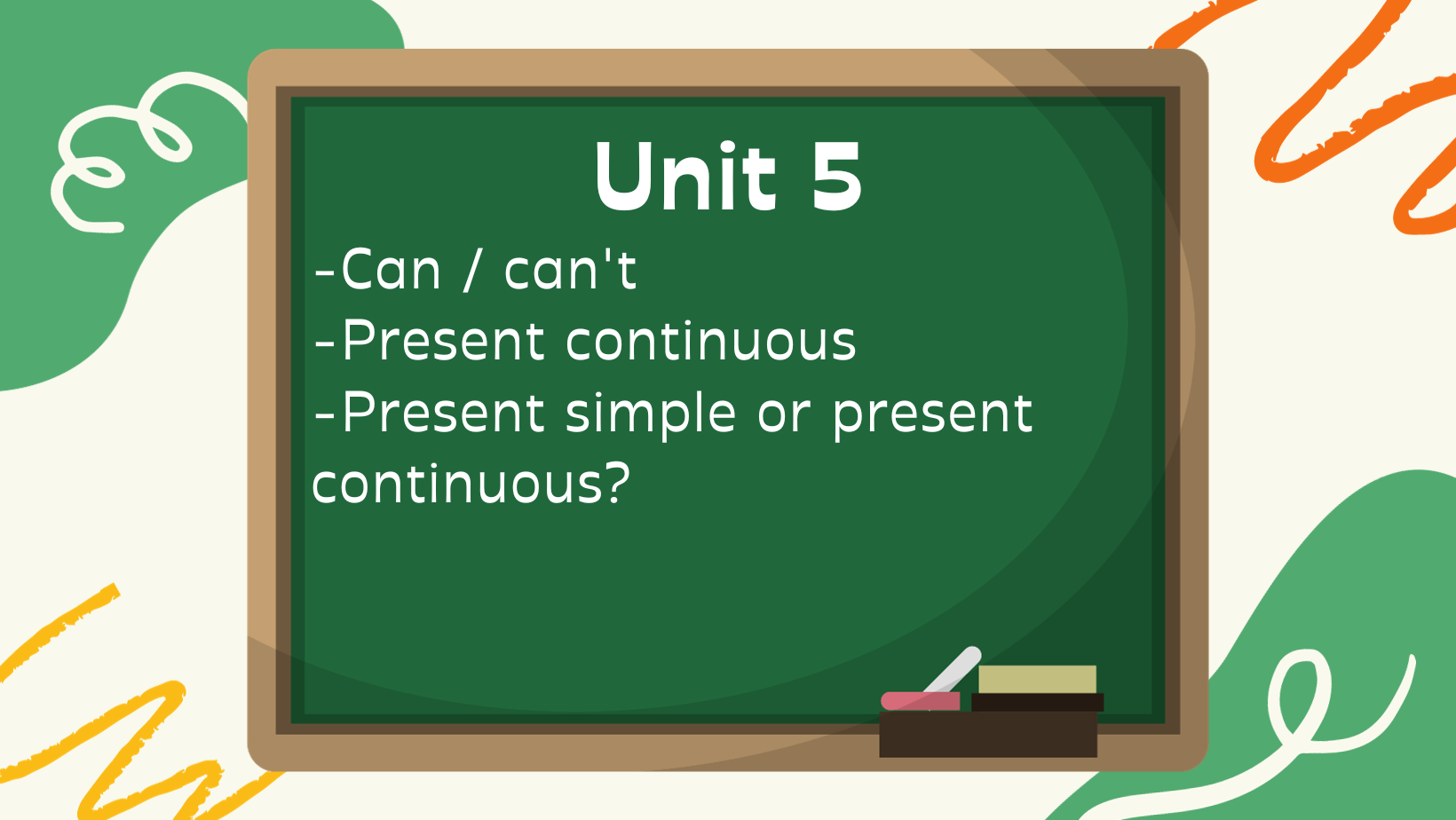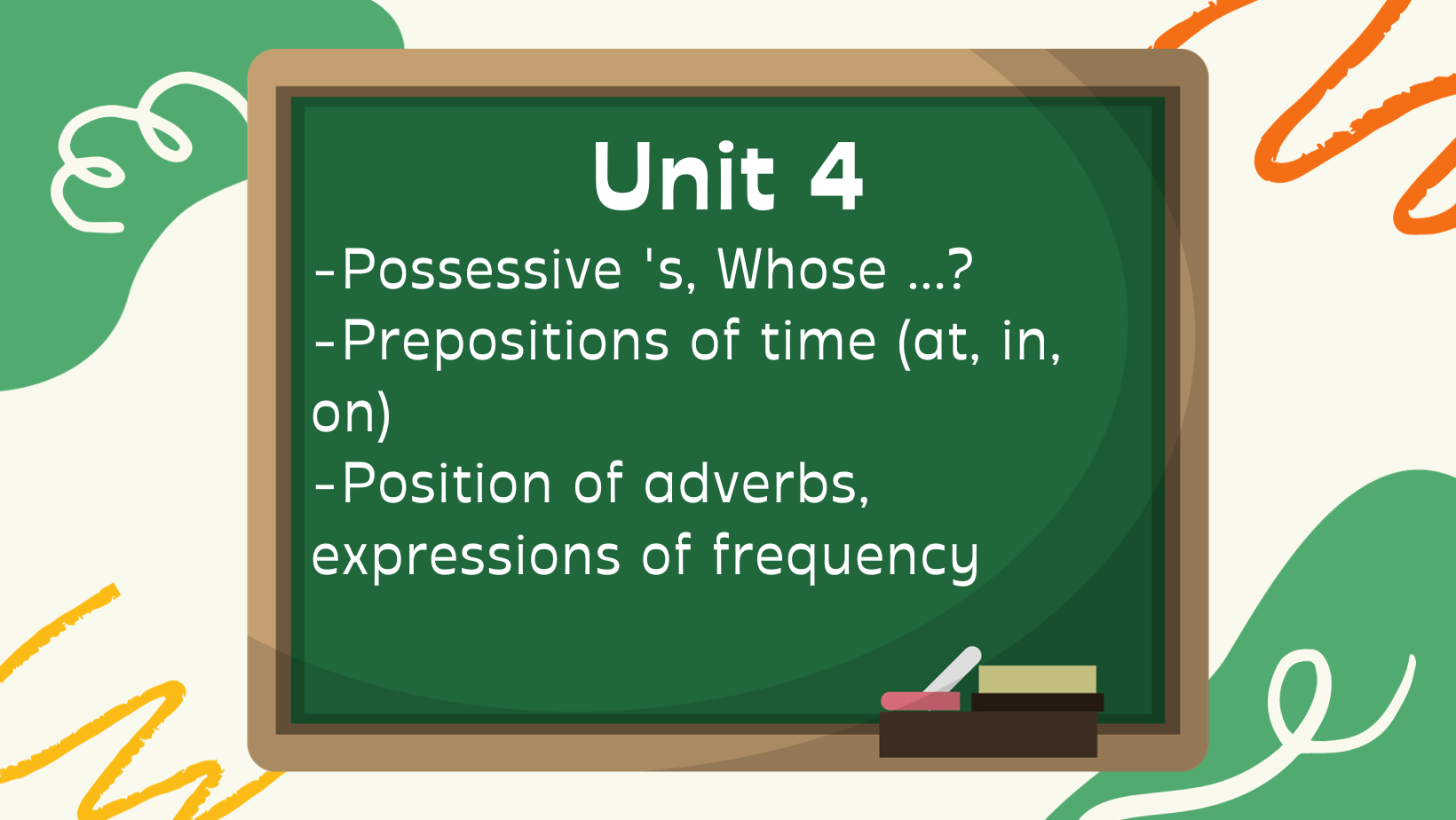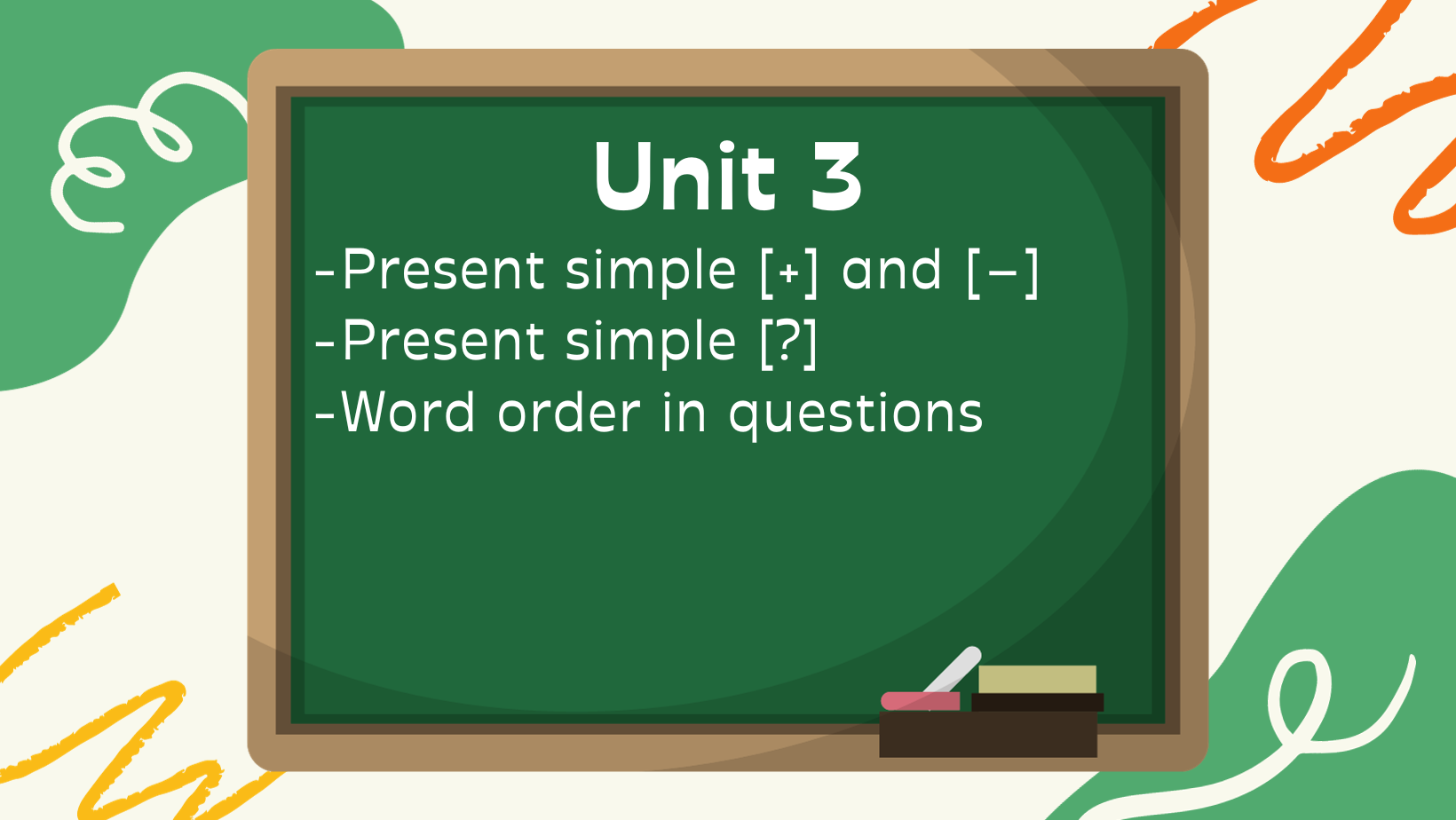Unit 9
Countable / uncountable nouns
EXAMPLES
Countable
an apple, three apples
Uncountable
rice, meat
FORM
- English nouns can be countable and uncountable.
countable = things you can count, e.g. apples. Countable nouns can be singular (an apple) or plural (apples).
uncountable = things you can't count, e.g. rice, meat NOT two rices, three meats. Uncountable nouns are usually singular. - Some nouns can be countable and uncountable, e.g. ice cream.
an ice cream = one ice cream in your hand
some ice cream = ice cream in a bowl
a / an, some / any
EXAMPLES
[+] countable
We need an apple.
We need some apples.
[+] uncountable
We need some butter.
[–] countable
We don't need a tomato.
We don't need any tomatoes.
[–] uncountable
We don't need any rice.
[?] countable
Do we need an orange?
Do we need any oranges?
[?] uncountable
Do we need any sugar?
FORM
- We use a / an with singular countable nouns. a / an = one.
- We use some in [+] with plural countable nouns and with uncountable nouns.
- We use any in [–] and [?] with plural countable nouns and with uncountable nouns.
Quantifiers
EXAMPLES
uncountable (singular)
How much sugar do you eat?
short answers / full answers
A lot. / I eat a lot of sugar.
Quite a lot. / I eat quite a lot of sugar.
A little. / I eat a little sugar.
Not much. / I don’t eat much sugar.
None. / I don’t eat any sugar.
countable (plural)
How many sweets do you eat?
short answers / full answers
A lot. / I eat a lot of sweets.
Quite a lot. / I eat quite a lot of sweets.
A few. / I eat a few sweets.
Not many. / I don’t eat many sweets.
None. / I don’t eat any sweets
FORM
- We use How much…? with uncountable nouns and How many…? with plural countable nouns.
- We use:
a lot (of) with countable and uncountable nouns for a big quantity.
quite a lot (of) for a medium quantity.
a little / not…much with uncountable nouns for a small quantity.
a few / not…many with countable plural nouns for a small quantity.
not…any (none in short answers) for zero quantity.
a lot of and much / many
- In [+] sentences we usually use a lot of.
- In [-] sentences and [?] we usually use much and many.
I don’t drink much water. Do you drink much coffee? - It is also possible to use a lot of in [-] and [?].
I don’t eat a lot of vegetables. Do you drink a lot of coffee?
Comparative adjectives
EXAMPLES
A whale is louder than a lion.
Canada is bigger than the USA.
K2 is more difficult to climb than Mount Everest.
My new job is better than my old one.
The traffic is always worse in the evening.
FORM
We use comparative adjectives + than to compare two things, people, etc.
SPELLING RULES
- one syllable adjectives: + -er or -r, e.g. old → older, nice → nicer.
- adjectives ending in one vowel + one consonant: double consonant + -er, e.g. big → bigger, hot → hotter.
- one- or two-syllable adjectives ending in consonant + y: change y to i + -er, e.g. dry → drier, healthy → healthier.
- one-syllable adjectives ending in -ed: more + adjective, e.g. tired → more tired, bored → more bored.
- two- or more-syllable adjectives: more + adjective, e.g. famous → more famous, expensive → more expensive.
- irregular: good → better; bad → worse; far → further.
Lessons
